Related Movies
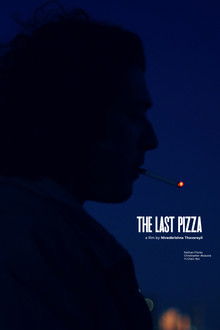
The Last Pizza (2024)
On his final delivery of the day, a carefree pizza delivery guy arrives at an unfamiliar, desolate apartment building, only to find the customer absent. Curiosity leads him to explore the rooftop, where he becomes trapped as night falls and the winter chill sets in. With minimal supplies and a dying phone, he must fight to survive.

Battleship Potemkin (1925)
A dramatized account of a great Russian naval mutiny and a resultant public demonstration, showing support, which brought on a police massacre.

Ben-Hur (1959)
In 26 AD, Judah Ben-Hur, a Jew in ancient Judea, opposes the occupying Roman empire. Falsely accused by a Roman childhood friend-turned-overlord of trying to kill the Roman governor, he is put into slavery and his mother and sister are taken away as prisoners.

Dead Man Walking (1995)
A death row inmate turns for spiritual guidance to a local nun in the days leading up to his scheduled execution for the murders of a young couple.
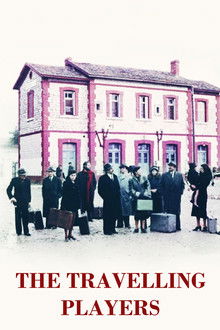
The Travelling Players (1975)
A traveling theatre troupe tours the Greek countryside from 1939 to the early 1950s, staging “Golfo the Shepherdess”. As the years pass, its members endure persecution, betrayal, executions, and exile. Their personal stories become entangled with the country’s major historical events, in a seemingly endless cycle of violence and loss.

Manhattan (1979)
Manhattan explores how the life of a middle-aged television writer dating a teenage girl is further complicated when he falls in love with his best friend's mistress.
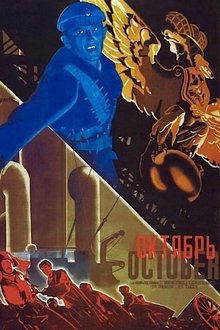
October (Ten Days that Shook the World) (1928)
Sergei M. Eisenstein's docu-drama about the 1917 October Revolution in Russia. Made ten years after the events and edited in Eisenstein's 'Soviet Montage' style, it re-enacts in celebratory terms several key scenes from the revolution.

A Streetcar Named Desire (1951)
A disturbed, aging Southern belle moves in with her sister for solace — but being face-to-face with her brutish brother-in-law accelerates her downward spiral.

The Last Emperor (1987)
A dramatic history of Pu Yi, the last of the Emperors of China, from his lofty birth and brief reign in the Forbidden City, the object of worship by half a billion people; through his abdication, his decline and dissolute lifestyle; his exploitation by the invading Japanese, and finally to his obscure existence as just another peasant worker in the People's Republic.

GoodFellas (1990)
The true story of Henry Hill, a half-Irish, half-Sicilian Brooklyn kid who is adopted by neighbourhood gangsters at an early age and climbs the ranks of a Mafia family under the guidance of Jimmy Conway.

Gone with the Wind (1939)
The spoiled daughter of a Georgia plantation owner conducts a tumultuous romance with a cynical profiteer during the American Civil War and Reconstruction Era.
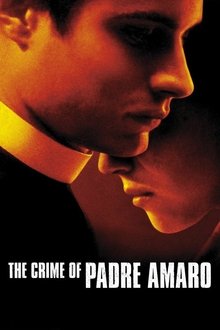
The Crime of Padre Amaro (2002)
Sent to Mexico to help take care of aging Father Benito, young Father Amaro faces a moral challenge when he meets a 16-year-old girl who he starts an affair with. Likewise, the girl's mother had been having an affair with Father Benito. Father Amaro must choose between a holy or sinful life.

Rashomon (1950)
Four people recount different versions of the story of a man's murder and the rape of his wife.

Dogville (2003)
A woman on the run from the mob is reluctantly accepted in a small Colorado community in exchange for labor, but when a search visits the town, she learns that their support has a price.
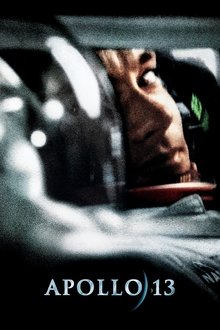
Apollo 13 (1995)
The true story of technical troubles that scuttle the Apollo 13 lunar mission in 1970, risking the lives of astronaut Jim Lovell and his crew, with the failed journey turning into a thrilling saga of heroism. Drifting more than 200,000 miles from Earth, the astronauts work furiously with the ground crew to avert tragedy.
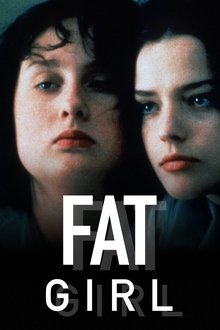
Fat Girl (2001)
Anaïs is twelve and bears the weight of the world on her shoulders. She watches her older sister, Elena, whom she both loves and hates. Elena is fifteen and devilishly beautiful. Neither more futile, nor more stupid than her younger sister, she cannot understand that she is merely an object of desire. And, as such, she can only be taken. Or had. Indeed, this is the subject: a girl's loss of virginity. And, that summer, it opens a door to tragedy.
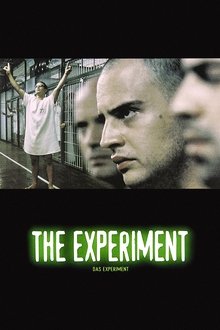
The Experiment (2001)
20 volunteers agree to take part in a seemingly well-paid experiment advertised by the university. It is supposed to be about aggressive behavior in an artificial prison situation. A journalist senses a story behind the ad and smuggles himself in among the test subjects. They are randomly divided into prisoners and guards. What seems like a game at the beginning soon turns into bloody seriousness.
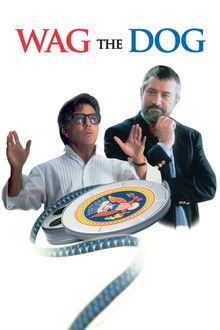
Wag the Dog (1997)
During the final weeks of a presidential race, the President is accused of sexual misconduct. To distract the public until the election, the President's adviser hires a Hollywood producer to help him stage a fake war.
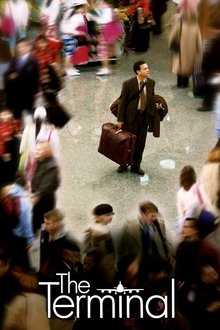
The Terminal (2004)
An Eastern European tourist unexpectedly finds himself stranded in JFK airport, and must take up temporary residence there.
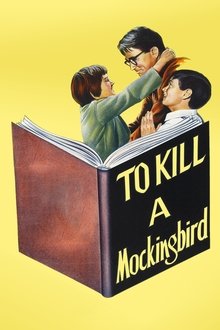
To Kill a Mockingbird (1962)
Scout Finch, 6, and her older brother Jem live in sleepy Maycomb, Alabama, spending much of their time with their friend Dill and spying on their reclusive and mysterious neighbor, Boo Radley. When Atticus, their widowed father and a respected lawyer, defends a black man named Tom Robinson against fabricated rape charges, the trial and tangent events expose the children to evils of racism and stereotyping.